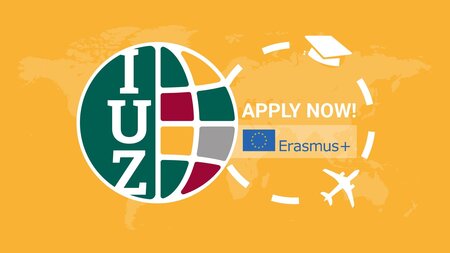Research into English for Academic Purposes (EAP)
We are very pleased to continue our discussions at a special seminar at ESSE Lyon 2020 (Aug. 31-Sept. 4th) on
S18 Developing Genre- and Discipline-Specific Standards in Academic Writing?
Conveners: Josef Schmied, Chemnitz University of Technology, Germany, josef.schmied@phil.tu-chemnitz.de
Marina Bondi, Università di Modena e Reggio Emilia, Italy, marina.bondi@unimore.it
Olga Dontcheva Navratilova, Masaryk University, Czech Republic, navratilova@ped.muni.cz
María Carmen Pérez-Llantada Auria, Universidad Zaragosa, Spain, llantada@unizar.es
Many young scholars complain that Academic Writing conventions are getting “harder and harder”. This seminar tries to follow the development of conventions over the last 30? years in all genres (like conference presentations, journal articles, BA/MA/PhD theses, etc. and related reviews or reports) in as many different European (English) departments and universities as possible. Empirical studies may include corpus- or discourse analyses of metalanguage usage (hedging/boosting, modality, reader/listener address, etc.), argumentative structures, research questions/hypotheses, cohesion/coherence, referencing, evidence in the form of examples, tables, figures, etc. The conveners welcome contributions from all sub-disciplines (linguistics, literature, methodology, cultural/area studies, digital humanities, etc.) and hope to establish a comparative state-of-the-art evaluation, which can also provide guidelines for postgraduate seminars, summer schools or on-line teaching.
We welcome proposals to the email adresses above from all these perspectives.
ESSE Istanbul 2012 and ESSE Torino 2010
European Association for the Teaching of Academic Writing (EATAW)
Bilateral Cooperation Projects
Stance and Interaction in Novice Academic English: German-Czech university students compared (SINAE)(DAAD, 2010/11)
The common project goal of the Czech and German project partners is the systematic qualitative and quantitative analysis of linguistic features in non-native novice writers' academic English. The project will concentrate on the following linguistic expressions:
1) stance markers, i.e. lexico-grammatical expressions that express the writer's attitude towards the proposition in the text
2) hedges, i.e. linguistic devices that convey a lack of knowledge or confidence
3) features of intertextuality, such as strategies of referencing and citation
4) adaptation and simplification markers, including semantic scaling and back-scaling of specific items in ontologies of different academic domains
5) features of writer-reader interaction, such as the use of personal pronouns and the imperative that show authorial presence and establish a special discourse relation
After the milestones "databases" and "concept categories" are established, the data will be compared with findings of recent studies on native academic discourse as well as with the results of the Czech group in order to discover general features of non-nativeness for novices as well as special German and Czech features in national, i.e. culture-specific academic writing style.
Comparing and conceptualising complexity and coherence in English texts and teaching (Co4ET2) (DAAD, 2004-2006)
This project comprises several interrelated aspects of computer-assisted analysis and teaching that are pursued as the major project in both departments. Comparative means here interlanguage (German or Czech versus English) as well as intralanguage (e.g. English spoken versus written, academic versus popular).
Conceptualising refers to the academic endeavour to define and test the key concepts of complexity and coherence as well as the learners’ psycholinguistic attempts to come to terms with key concepts of English grammar.
Complexity refers to syntactic as well as semantic as well as textual multi-layered overlapping concepts and linguistic features.
Individual subprojects will approach these intersecting issues from different perspectives. The broad discussion will enhance the current discussion about texts as linguistic objects in terms of methodology (corpus research, introspection, questionnaires) and in terms of content processing (syntactic and lexical constraints that become obvious in translation, conceptual problems of individual learners and creators of particular text genres).

Further Reading
Wissenschaftskommunikation in Deutschland

Copyright © 2019 English Language and Linguistics
Legal Notice • E-Mail: Webmaster
Last update: 25/09/19




